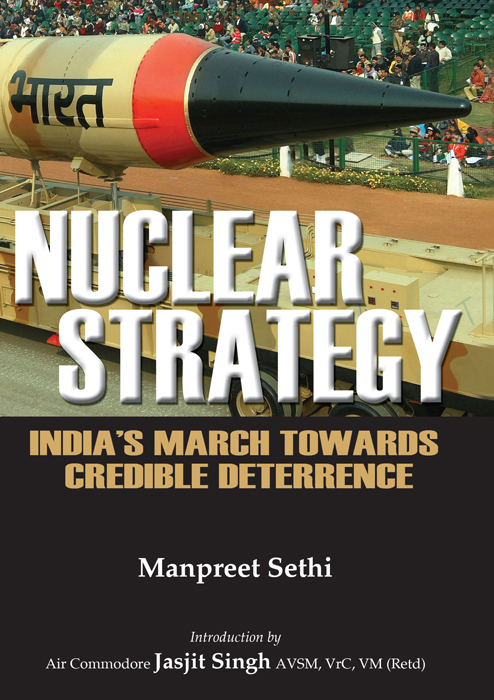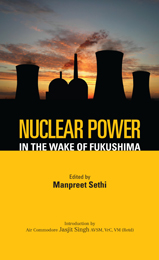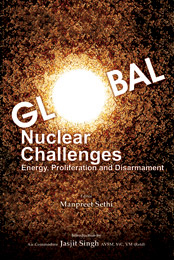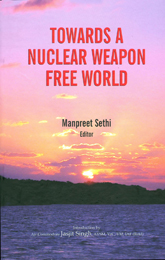Subjects
Nuclear Strategy: India's March Towards Credible Deterrence
Manpreet Sethi
May 1998 marked the culmination of the long debate on India’s nuclear status. It also initiated the country’s journey towards credible, nuclear deterrence. Over the last decade, India has taken many steps down this path, with varying degrees of speed, levels of transparency and measures of success.
Nuclear policy-making is traditionally shrouded in secrecy. But, for credible deterrence, the mystery must be balanced with some transparency. Surprise in military capability and tactics is a virtue of conventional warfare, but credible nuclear deterrence demands a demonstration of capability, the resolve to use it, and the communication of both capability and resolve.
This book provides pointers on how India’s nuclear strategy, in the prevailing security environment, should put together the building blocks of credible deterrence in order to minimise, if not remove, the chance of nuclear use. It assesses contemporary nuclear thinking, doctrines and capabilities of nuclear weapon states; examines the command and control structures of Pakistan, China and India to offer recommendations; discusses how to make India’s arsenal survivable; debates the relevance of ballistic missile defence; highlights the overlap between India’s nuclear energy and strategic programmes; studies the complex challenge of conventional war in the presence of nuclear weapons; and explains why and how India should pursue universal nuclear disarmament.
For the range, scope and depth of issues covered, the book is essential reading for all those interested in ensuring that India remains secure from a nuclear strike.


 Political Science
Political Science



